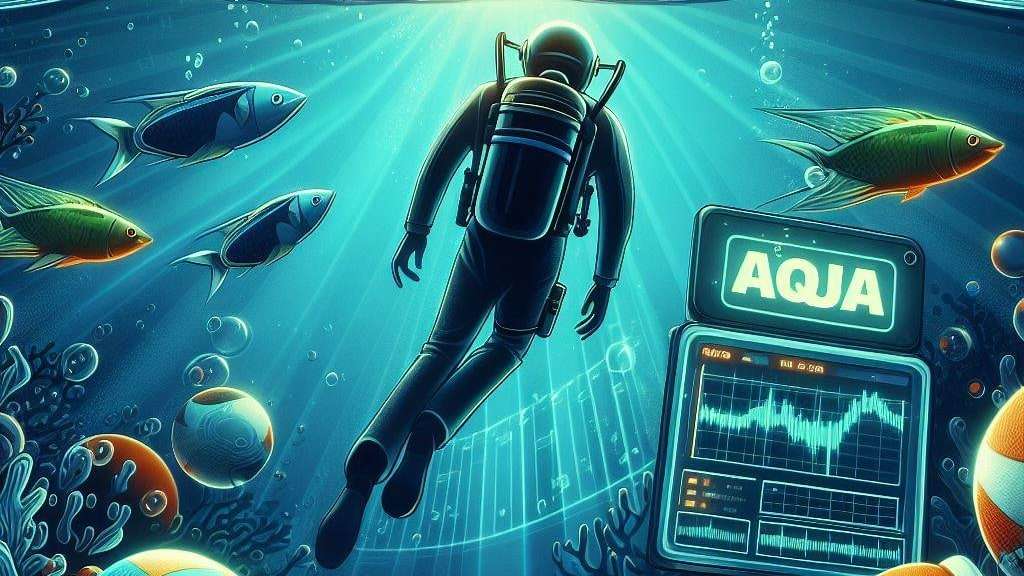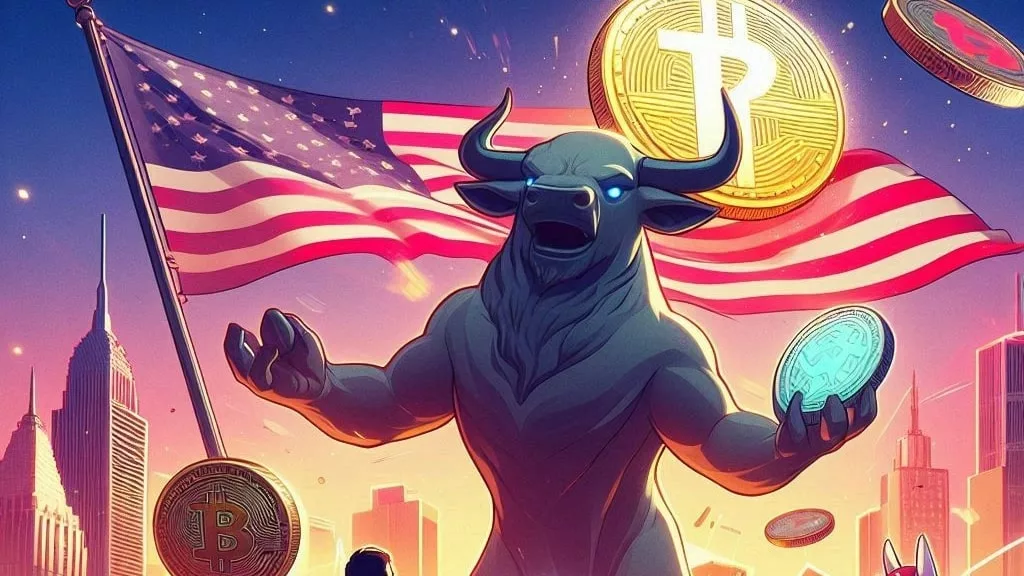
In a tumultuous turn of events, the Aqua NFT marketplace, once a beacon of innovation in the gaming NFT sphere, has made a solemn announcement of ceasing operations. This move comes as a stark reflection of the intricate challenges faced by startups attempting to merge the allure of blockchain technology with the vibrant world of gaming experiences.
CEO Sean Ryan took to LinkedIn to confirm the closure, citing a blend of market factors and unexpected hurdles that rendered the venture unsustainable. The vision of gamers owning their virtual assets through Non-Fungible Tokens (NFTs) stood strong; however, the realization of this visionary concept stretched far beyond the anticipated horizon.
Venturing into this space in 2022 with fervent hopes, Aqua quickly gained traction by partnering with blockchain giants such as Immutable and Polygon Labs. The platform aimed to offer a player-centric approach, fostering a community where gamers could truly claim ownership of their in-game items through the magic of NFTs. Yet, within a mere two-year window, the tide shifted unfavorably, leading to the company’s demise.
The crux of Aqua’s struggle lay in securing funds amidst a broader crypto-gaming market that sluggishly expanded, contrary to optimistic projections. Ryan’s poignant graphic delineating fundraising woes accentuated the timing predicament, depicting a landscape that didn’t align with Aqua’s aspirations.
Aqua’s endeavor to create a seamless in-game marketplace, eschewing the redirection of gamers to external platforms, resonated with developers’ desires. Conversations with numerous game developers emphasized their preference for integrated solutions that seamlessly wove NFT marketplaces into the gaming experience itself. This echoed the sentiments of Aqua’s competitors, including Sequence, which recently unveiled tools empowering developers to craft their in-game marketplaces.
Ryan’s announcement encapsulated both triumphs and hurdles encountered during Aqua’s journey. Despite the visionary concept of gamers owning their in-game assets through NFTs, the realization of this vision demanded more time than initially anticipated. The former Facebook VP, spearheading Aqua’s launch in 2022, collaborated with blockchain firms such as Immutable and Polygon Labs. However, the startup struggled to secure funding in a crypto-gaming market that exhibited slower-than-expected growth.
Aqua’s aspiration to pioneer a gaming NFT marketplace, catering to genuine gamers and offering seamless in-game solutions, aligned with the desires voiced by developers. However, challenges in fundraising and slower market expansion thwarted Aqua’s trajectory, leading to its closure. This decision echoes a broader trend within the gaming NFT marketplace, where startups grapple with the dynamic nature of this convergence between gaming and blockchain technology.
The competitive terrain witnessed formidable players like G2A stepping into the NFT sales domain, while platforms like OpenSea and Magic Eden reconfigured their strategies in response to market shifts. However, despite industry-wide adaptations, Aqua faced insurmountable challenges, mirroring the volatility and uncertainties ingrained in the intersection of gaming, NFTs, and blockchain.
However, the competitive battleground witnessed the entry of formidable players like G2A and the resurgence of established platforms such as OpenSea and Magic Eden, all vying for dominance in the burgeoning gaming NFT space. Despite this whirlwind of activity, Aqua’s unique challenges overshadowed its potential, ultimately leading to the curtains falling on its journey.
Aqua’s fate mirrors the struggles faced by GameStop earlier in the year, signifying the intricate web woven at the intersection of gaming, NFTs, and the broader blockchain realm. The abrupt closure serves as a poignant reminder of the relentless hurdles startups confront while harmonizing blockchain innovations with immersive gaming experiences.
As this vibrant industry continues to mature, the future of gaming NFT platforms remains entwined with the dynamic trends coursing through the crypto and gaming sectors. Aqua’s closure, while regrettable, underscores the paramount importance of adaptability and resilience for companies navigating the labyrinthine complexities of integrating blockchain technology into the gaming landscape.

Get the latest Crypto & Blockchain News in your inbox.